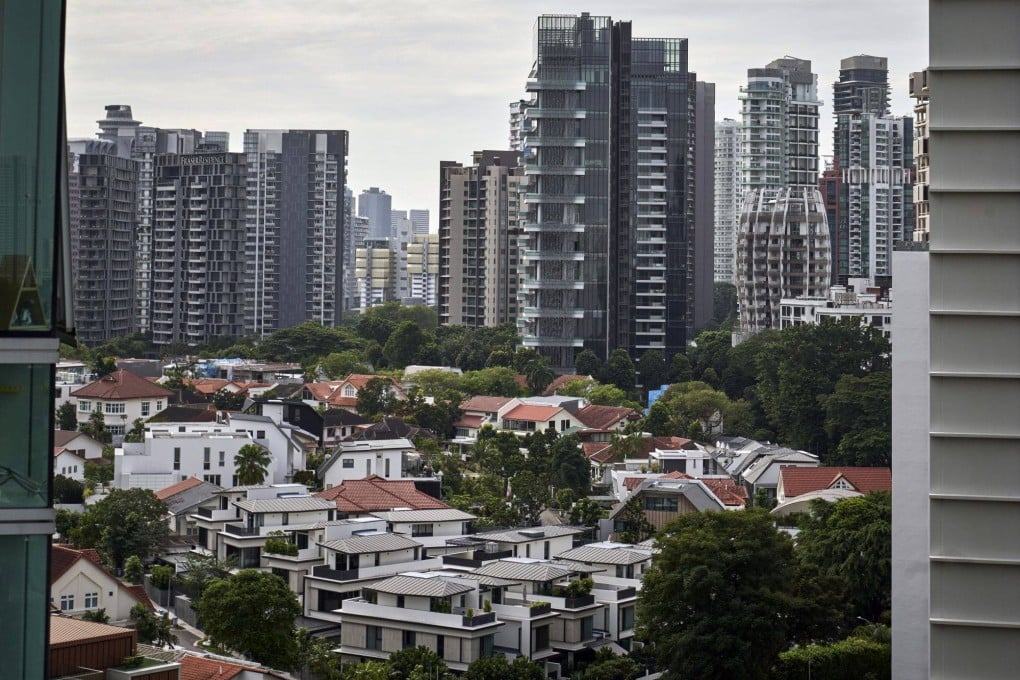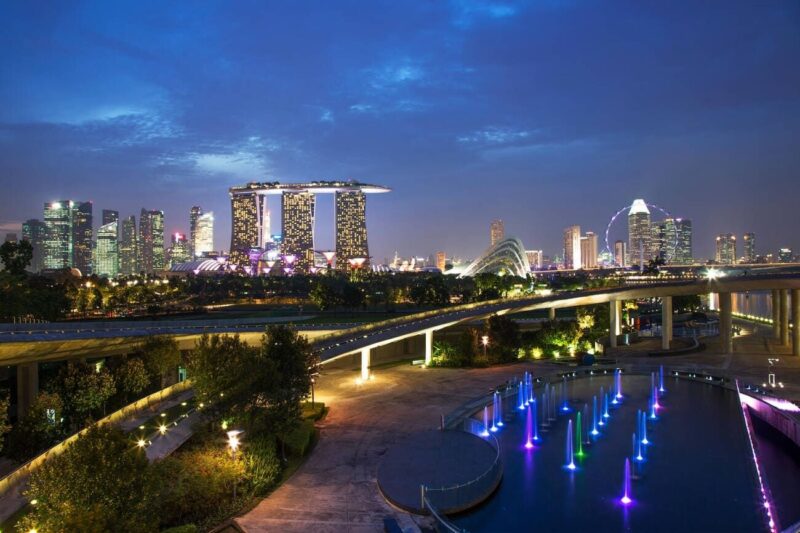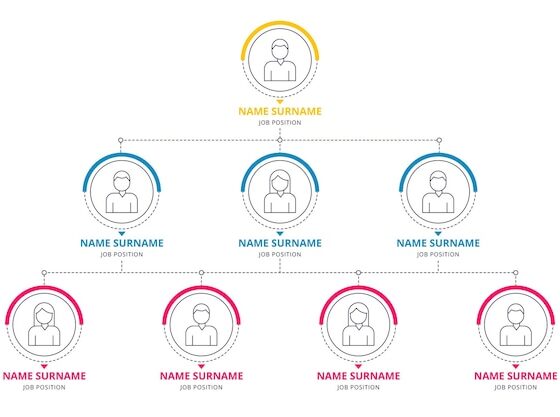In the bustling metropolis of Singapore, the choice between renting and buying a home is a pivotal decision that many face, each with its own set of rewards and challenges. The skyline, adorned with shimmering high-rises and vibrant neighborhoods, is a testament to a thriving real estate market where aspirations meet reality.
Renting may offer a level of flexibility, perfect for those who thrive on the pulse of urban life without the long-term commitments. On the other hand, the prospect of ownership presents an alluring promise of stability and investment potential in a market renowned for its resilience.
As potential residents weigh their options, understanding the financial implications, lifestyle considerations, and market dynamics becomes essential. So, what truly saves more in this dynamic landscape? Let us delve into the intricate details, navigating the landscape of Singapore’s housing crisis to help you make an informed decision that suits your unique circumstances.
Understanding the Singapore Property Market

The Singapore property market is a vibrant and complex landscape shaped by various economic, social, and regulatory factors. With the island nation’s limited land availability, demand for both rental and purchase options often outstrips supply, leading to dynamic price fluctuations.
Foreign investments, government policies, and infrastructural developments all weave into this intricate tapestry, influencing property values and rental yields.
Developments such as Upperhouse UOL highlight the appeal of well-located, high-quality residences that stand out amid a competitive market, offering both lifestyle benefits and long-term value. For prospective tenants and buyers, understanding this market is key.
Is it wiser to rent a chic apartment in a bustling neighborhood, or should one consider the long-term investment of purchasing property? Each choice carries its own set of advantages and pitfalls, underscoring the importance of diligent research and careful planning in a city where real estate decisions can significantly impact one’s financial future.
Buying in Singapore

Buying property in Singapore can be an intricate journey, laden with both opportunities and challenges. The allure of ownership is undeniable; a place to call your own, an investment that often appreciates over time, and the freedom to modify your space as you desire.
However, the financial implications are profound. High entry costs, such as stamp duties and down payments, can be a significant barrier for many prospective homeowners.
Added to this, there are ongoing costs like maintenance fees and property taxes that can catch new buyers off guard. Yet, amidst the complexities, the potential for capital growth in a thriving market like Singapore’s makes buying an attractive proposition.
Its crucial, then, for buyers to assess their long-term goals, financial stability, and market conditions before diving in. Will the pride of ownership outweigh the financial burdens? The answer is as varied as the unique neighborhoods found throughout the city-state.
Comparative Analysis

In the intricate landscape of Singapore’s real estate market, the choice between renting and buying reveals a tapestry of financial implications that merit a thorough comparative analysis. Renting offers flexibility—ideal for those with transient lifestyles or uncertain job trajectories—allowing individuals to pivot without the heavy burden of long-term commitment.
However, while monthly rental payments can seem manageable, they ultimately contribute nothing to personal equity. Conversely, buying a property represents a significant upfront investment, potentially leading to substantial returns over time, especially in a city where property values have historically appreciated.
Yet, this option isn’t without its drawbacks; maintenance costs, taxes, and the risk of market fluctuations can quickly turn an asset into a liability. Ultimately, the decision hinges on individual circumstances, financial goals, and the prevailing market dynamics, urging prospective residents to weigh their options carefully before making such a defining choice in the bustling heart of Singapore.
Conclusion
In conclusion, the decision between renting and buying a property in Singapore ultimately hinges on individual circumstances, financial goals, and long-term intentions. While renting may offer flexibility and lower upfront costs, buying a property, such as a unit at Upperhouse UOL, could provide greater stability and the potential for long-term capital appreciation.
It is essential for potential homeowners and renters alike to carefully assess their budget, lifestyle preferences, and the current market trends before making a choice. By weighing the advantages and disadvantages of both options, individuals can make an informed decision that aligns with their personal and financial aspirations.


